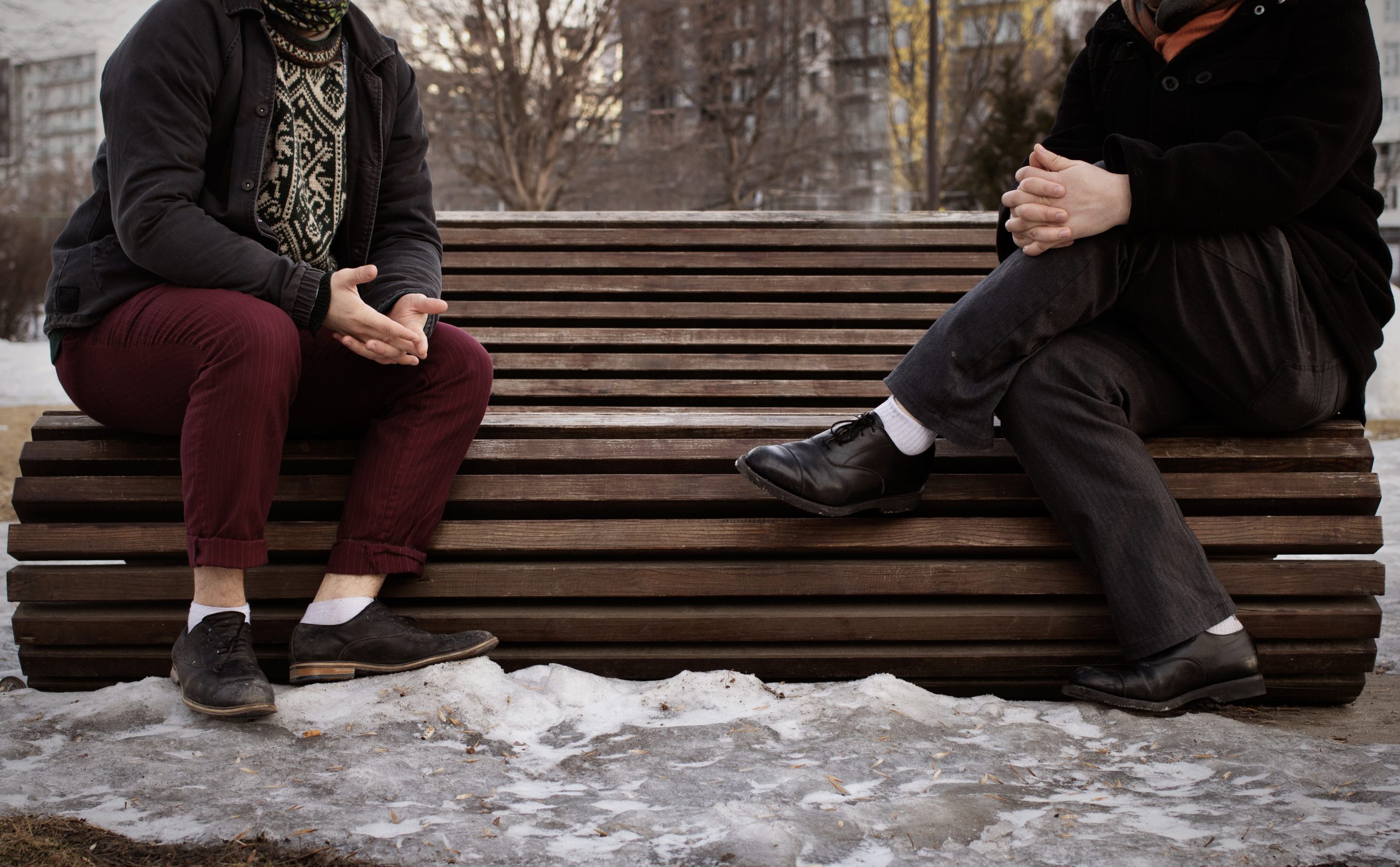Forget about lying down on a couch; it is time for walk-and-talk therapy
“I don’t have time for therapy.”
I wish I were able to convince myself otherwise. Actually, I wish everyone was able to make time for therapy.
I stopped seeing my psychologist five years ago, thinking I couldn’t afford to spend an hour of my time (and $100 of my mother’s salary) every week just to sit on a couch and complain about my life. It was too late when I realized that I should have kept going, but as someone who later sought and received urgent professional help, I can safely say that therapy is absolutely worth your time and money.
I am doing way better now (thank you for asking) but I still struggle with the idea of going back to therapy. I must admit that I have always had a teeny-tiny negative bias towards it, and to be quite honest, I am broke and busier than ever.
But I recently learned something that almost convinced me to go back …
Sticking to online therapy during the COVID-19 pandemic was not enough for two private psychologists from the Centre de Psychologie Behaviorale (CPB) in Ahuntsic. That is why they started offering outdoor consultations as an alternative.
One of those two psychologists, Serge Drolet, has been working at CPB for 30 years.
On April 17, 2020, the Quebec government issued an official document instructing mental health service providers to limit their in-person activities and opt for teleconsultation whenever possible. At the time, all of CPB’s operations had already shifted online.
Since March 2020, about 25 per cent of Drolet’s clients have consequently abandoned therapy because they were not interested in Zoom consultations.
“Some very good patients left, and sadly, I don’t know what they became,” Drolet explained.
This inspired him to experiment with “walk-and-talk therapy” instead. Since June, about 15 per cent of Drolet’s patients have chosen to bring their therapy sessions outdoors.
During the winter, the Marcelin-Wilson park and the small woods near the clinic are often deserted. On March 2, it might have been -17 C outside, but the most courageous of Drolet’s patients were able to enjoy the calm and tranquility.
However, since the office is surrounded by many other primary care services like a drugstore, a radiology centre, and a dialysis clinic, there is a lot of traffic on the sidewalks despite the centre being located in a quiet neighbourhood.
“Stuff happens when we find ourselves in these kinds of situations,” Drolet said. “[A patient and I] were walking and an old man tried to shove us aside because we were not walking fast enough for him. There was a lesson of self-assertion management, and that’s great because [this patient] is a person who, when alone, is submissive when it comes to confrontations. I gave this man a piece of my mind — while remaining professional, of course — and I was glad that she [the patient] could see that I, myself, do [what I usually advise her to do].”
According to Drolet, this new type of consultation also adds a dynamic component to the therapy.
“There’s a small wood not too far away and there are three directions we can take,” Drolet said. “On the right, we can see perfectly well; on the left there are a couple of young people that seem rough; and in the middle, it’s the woods. I don’t decide which way to go. You choose where we go. Just the fact that the person makes decisions like that during the session, somewhere along the way, it helps them make decisions in life,” Drolet said.
Being stuck alone with ourselves can be challenging, and many people’s mental health problems were exacerbated because of the pandemic. However, Drolet noticed that his patients had become more invested in their therapy; they have more free time to self-examine and to reflect on their patterns. Moreover, now that psychologists are being exposed to the same worries and deprivations as their patients, they can now empathize rather than sympathize with them. In fact, Drolet said that being on an equal footing with his clients in such a way has allowed him to help them better.
In the end, with all of COVID’s difficulties, it has also opened the door for new possibilities for how mental health service providers can treat their patients. Now that many people have more free time to focus on themselves and that it somewhat became easier to find a psychologist we can relate to, combining therapy to the health benefits of getting more fresh air gives us one more reason to consider going to therapy.
Photo by Christine Beaudoin




